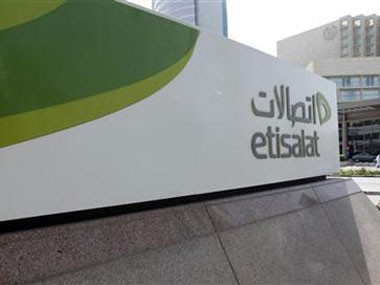Women of Egypt (WoEgypt) — a major supporter of women empowerment —launched a digital campaign titled‘Flexible Working is the Future’ — the first of its kind in Egypt — to support and promote the concept of flexible and remote work.
The campaign aims to raise the awareness of business owners and companies about the importance of applying both concepts to empower women and to offer them equal work opportunities.
The campaign will also highlight the benefits of applying these concepts in providing work opportunities to women. Such opportunities will enable women to prove their efficiency and to advance in their careers without employment gaps due to any personal reasons.
Remote working and flexible working hours benefit business owners, companies, as well as their employees — men and women. However, this campaign focuses on women specifically to support Egyptian women who face major obstacles in the labour market.
“The aim of this campaign is to raise public awareness to support working women and to respect their social roles and responsibilities instead of compelling them to quit their jobs or put obstacles in their path. It is worth mentioning that WoEgypt’s team works from different cities in Egypt and abroad,”says Campaign CoordinatorRadwaHosny.
“Perhaps this is the best proof for the credibility of remote and flexible working. As an Egyptian woman, remote working has been the best option for me to balance between my work as a content creator and my academic studies,” she added.
Remote working — also known as working-from-home — offers employees the freedom to work from anywhereoutside the company’s offices. Meanwhile, flexible working allows employees to work at the times that suits them, provided they work their daily or weekly required hours.
Despite the fact that working remotely is known as working-from-home, the aim of this campaign is not a call for women to go back to their homes and hinder their success. But if they choose to work from home, it will be to sustain their careers without interruptions due to anypersonal reasons such as pregnancy or childcare.
Although women constitute 50% of the population, and despite that 54% of university graduates are women, the percentage of unemployment among young women is higher than that of young men. According to World Bank statistics of 2020, women in Egypt accounted for only 21.2% of the total work force compared to 67.3% men.
Egyptian women suffer inequality in the labour market and are faced with many obstacles in the workplace. Theycarry the heaviest load and continue to suffer from the challenge of balancing both work and family. Additionally, they encounter many other factors that waste their capabilities and delay their promotions or advancement in their positions.
Due to the coronavirus pandemic, tens of thousands of women lost their jobs. Thousands were put on unpaid or sick leaves to care for their children after schools closed, despite the fact that most could have resumed their work from home, had remote working options beenavailable.
“The benefits of remote working became obvious since the pandemic, despite the fact thatit was not a novelty formanymultinational companies worldwide. Remote working has many advantages for both employees and the employers. It sustains productivity and helps employees to balance between their professional and personal lives. Moreover, remote workingprovides employers with financial benefits,as it reduces the high cost of operating the companies.”
The campaign will run on various social media platforms until 15June, andit will present the challenges facing working women and business owners to carry out their workresponsibilities, highlight the benefits of flexible and remote working for both employers and employees, and attempt to eliminate the fear that business owners have regarding remote and flexible working.
Additionally, the campaign will highlight ways of improving businesses by introducing remote-working and flexible-hour working systems and the benefits that women, business owners, society and the environment will gain by using them.
Furthermore, the campaign will talk with experts who developed systems and programmes that facilitate remote working, as well as conduct interviews with employees and business owners who already use such systems.




